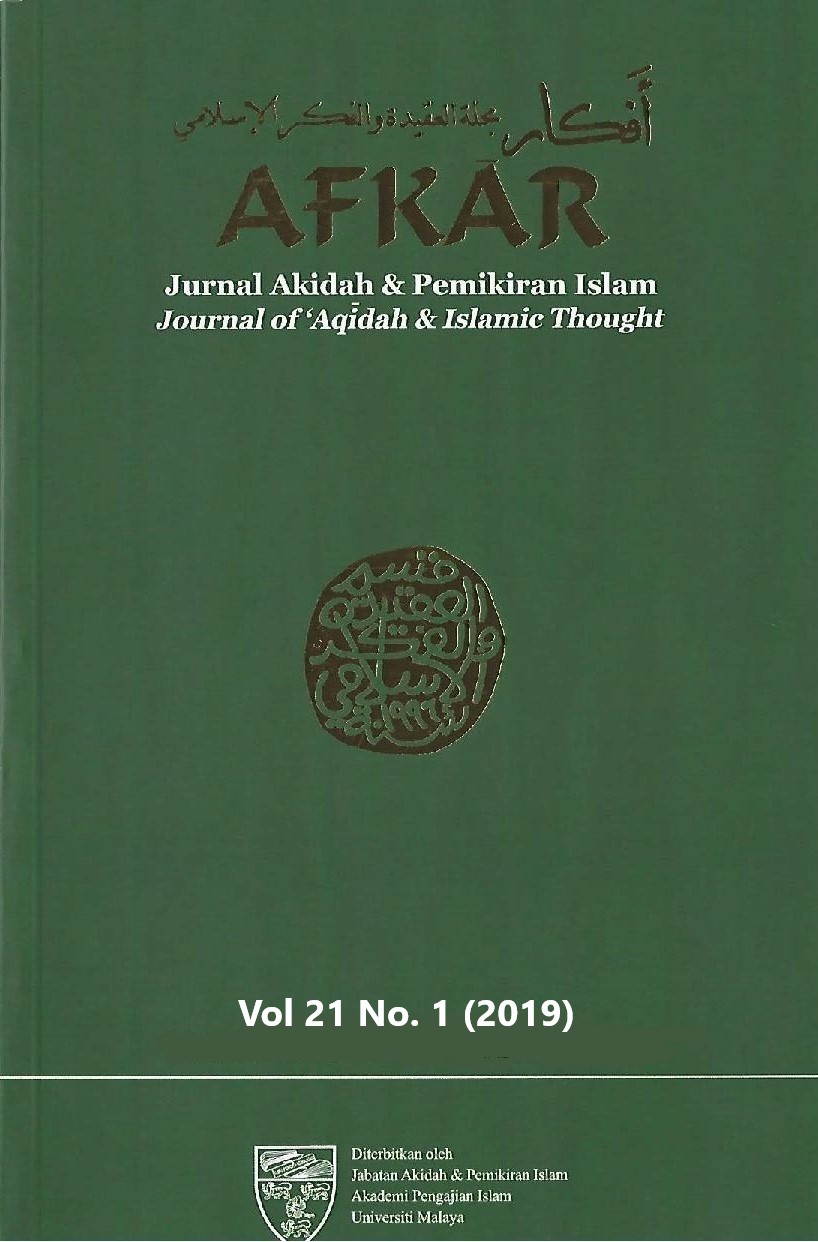The Essentiality of Considering the Kantian Theory of Autonomy by Islamic Education
Main Article Content
Abstract
This article seeks to solve one of the problems of Islamic education which is its need for attention to Kant’s autonomic theory or moral independence. According to scholars, autonomy is the symbol of modern education, and the current article pursues to illustrate why the Islamic education must pay attention to this theory. The qualitative research method which focuses on the theoretical aspect is used in this study. It employs the primary literatures regarding autonomy in education.. The purpose of this paper is to prove that Islamic education must consider Kant’s theory of autonomy and take a stance as to accept it or not, from the Islamic perspective. The article discovers that rationality and freedom are two pillars of modern education, and Islamic education needs to comment on these two pillars. On the other hand, the autonomic theory of Kant, introduces the highest level of rationality and freedom, whose acceptance leads to abandoning the other educational theories that support the lower levels. Therefore, the Islamic education needs to form its own opinion on the concepts of rationality and freedom as they are raised in this theory. The article derives a conclusion that acceptance or rejection of autonomy has a significant impact on the goals and methods of moral education. Thus, Islamic education may need to reflect and open its doors on the goals and methods. To summarize the article; Islamic education needs to further evaluate the theories of autonomy and clarify its position on this theory with regard to eucation. This article suggests more discussion of the theory of autonomy is made in Islamic circles.

